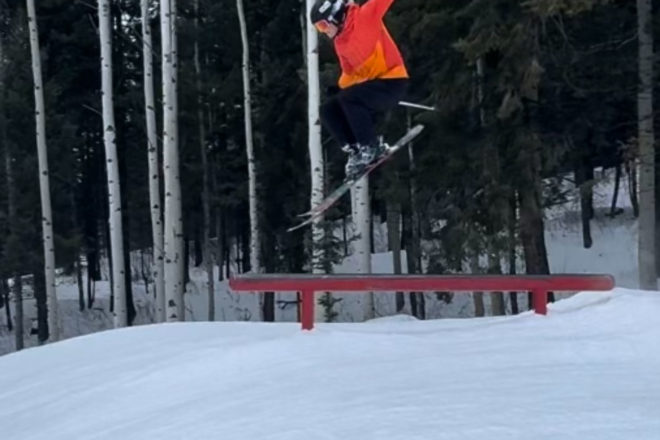
Podcast: Play in new window | Download


Podcast: Play in new window | Download


Podcast: Play in new window | Download


Podcast: Play in new window | Download
1) From Cell Host and Microbe – “The microbiomes of cesarean-born infants differ from vaginally delivered infants and are associated with increased disease risks. Vaginal microbiota transfer (VMT) to newborns may reverse C-section-related microbiome disturbances. Here, we evaluated the effect of VMT by exposing newborns to maternal vaginal fluids and assessing neurodevelopment, as well as the fecal microbiota and metabolome. Sixty-eight cesarean-delivered infants were randomly assigned a VMT or saline gauze intervention immediately after delivery in a triple-blind manner…… and much more about the cutting edge science of today. Also a piece on napping followed by the recipe of the week.
Enjoy,


Podcast: Play in new window | Download
Depression has been a problem for humans for a very long time. It is the leading cause of suicide and lost vitality for life. It is a tricky disease that has been more prevalent and severe in the last few decades. the pandemic was not kind to people suffering from mood dysthymia. Traditional pharmacological and verbal based therapies have been useful for some while not so much for others. The treatment resistant group is the focus of a new series of studies with psychedelic medicines. These studies are offering hope for many individuals that previously had none.
In this audiocast, we also cover critics and school start times. Best, Dr. M


